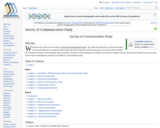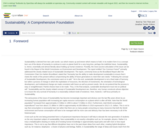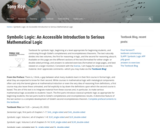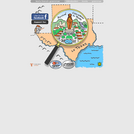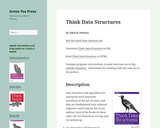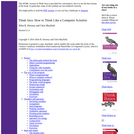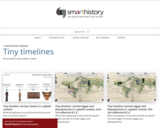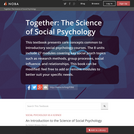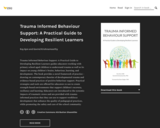
Anthropologists attempt to answer the question of what it means to be human. In a sense, we all do anthropology because it is rooted in a universal human characteristic, curiosity. We are curious about ourselves and other people_ including the living and the dead. This course provides an introduction to the anthropological approach to the study of humans. It is a survey course that introduces anthropology as a four-field discipline, encompassing biological anthropology, archaeology, linguistics, and cultural anthropology. Aspiring to a holistic understanding of what it means to be human, anthropology is at the intersection of the humanities and the sciences, the most scientific of the humanities and the most humanistic of the sciences.The course begins with a basis in evolutionary theory and human variation. With this foundation, we will explore primate behavior and the fossil record to develop a better understanding of human evolution. We will discuss the archaeological record of early civilizations, the origins and use of language, and the concept of culture in the development of human societies, both extinct and extant. This class will also highlight the epistemological development of the field of anthropology and how religion, culture, and the scientific process pertains to the discipline of anthropology.
- Subject:
- Anthropology
- Social Science
- Material Type:
- Assessment
- Full Course
- Reading
- Syllabus
- Provider:
- Washington State Board for Community & Technical Colleges
- Provider Set:
- Open Course Library
- Date Added:
- 05/03/2013

